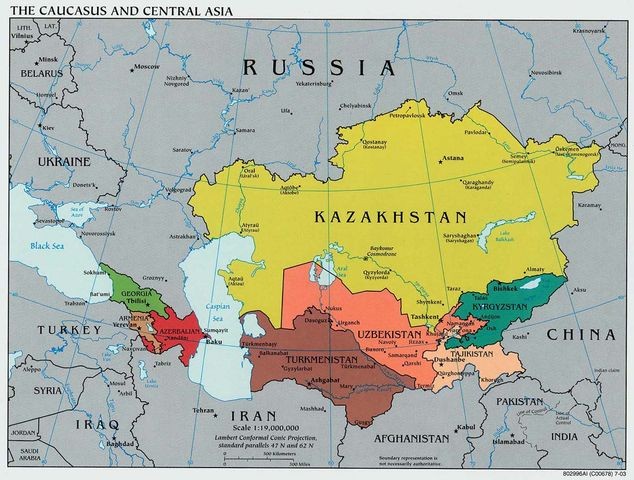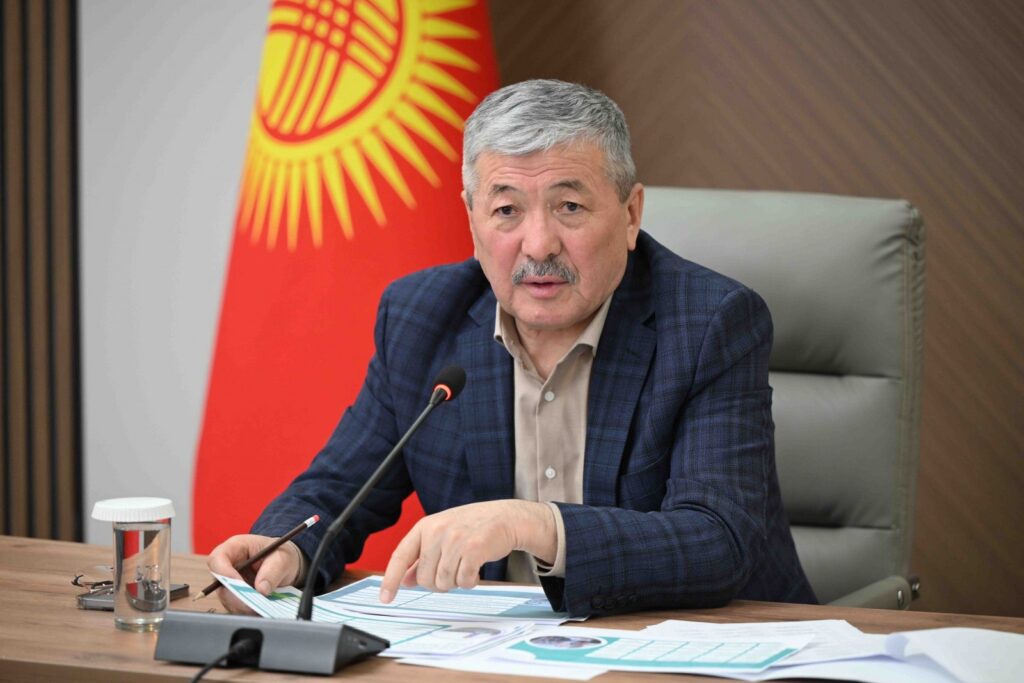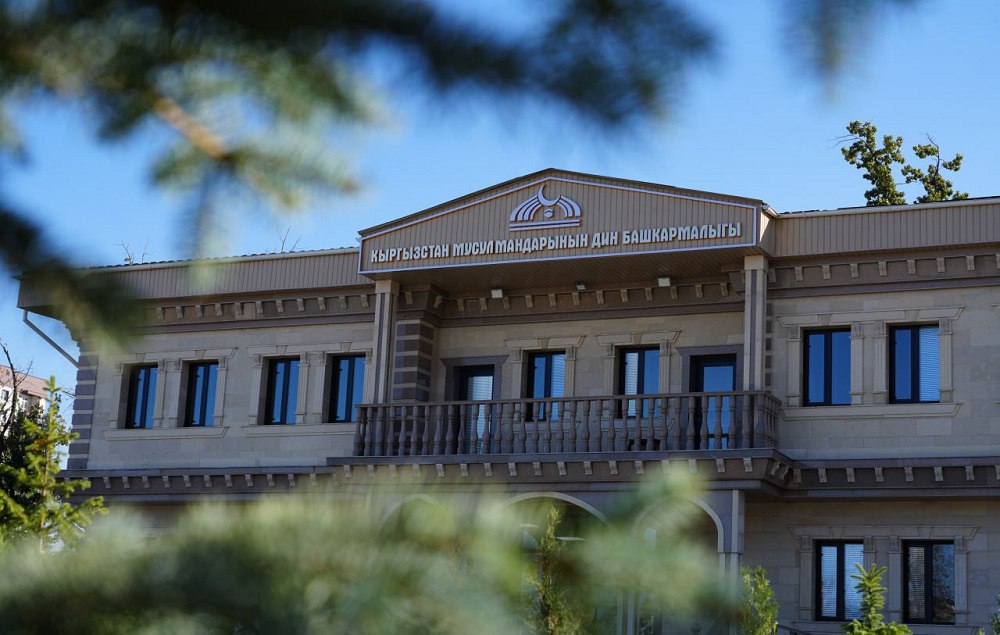BISHKEK (TCA) — More than 1 million people including 700,000 children are better prepared to cope with natural disasters in eight countries prone to earthquakes, floods and landslides in Central Asia and the South Caucasus as the result of a UNICEF programme supported by the European Union, the Delegation of the European Union to the Kyrgyz Republic said on July 6.
The UNICEF Disaster Risk Reduction (DRR) programme is supported by a $7 million USD contribution from the European Union to support the integration of disaster risk reduction programmes into national education systems in Armenia, Azerbaijan, Georgia, Kazakhstan, Kyrgyzstan, Tajikistan, Turkmenistan and Uzbekistan.
The decade long child-focused programme concludes next month with a number of key achievements, including:
– The integration of disaster risk reduction strategies into national education policies, school curricula and teacher training systems in all eight programme countries.
– The creation of comprehensive disaster risk reduction school guidelines. These include recommendations on building school structures that can better withstand natural disasters, how to establish and manage disaster risk reduction school committees, creating disaster risk assessments and development plans, establishing early warning emergency systems and managing emergency simulation drills that involve children.
– Integrating children and adolescents into disaster risk reduction decision-making and implementation at schools and in communities.
“Children are always the most vulnerable during crises. Through EU support, national governments in Central Asia and the South Caucasus have developed child-centered emergency preparedness plans. This approach will save lives and better protect children and their families if a natural disaster strikes,” said Afshan Khan, UNICEF Regional Director for Central and Eastern Europe and the Commonwealth of Independent States. “We encourage governments to continue this work and further commit to reaching the most vulnerable communities and families.”
“Undeniably, emergencies and disasters have a major impact on children and their families. By supporting the integration of disaster risk reduction programmes into national education systems in Central Asia and South Caucasus, the EU helps communities better prepare themselves for new emergencies, so that they can be more resilient when disasters strike in the future,” said Androulla Kaminara, Regional Director at the EU Civil Protection and Humanitarian Aid (ECHO).
Central Asia and South Caucasus regions are home to countries with some of the highest risk of earthquakes in the world. In recent years, floods and landslides have become increasingly common due to the effects of climate change.
To mark the end of the programme, UNICEF, the EU and national partners will meet in Kyrgyzstan to review key achievements and ongoing challenges and to agree on how to further strengthen disaster preparedness measures across the region.









